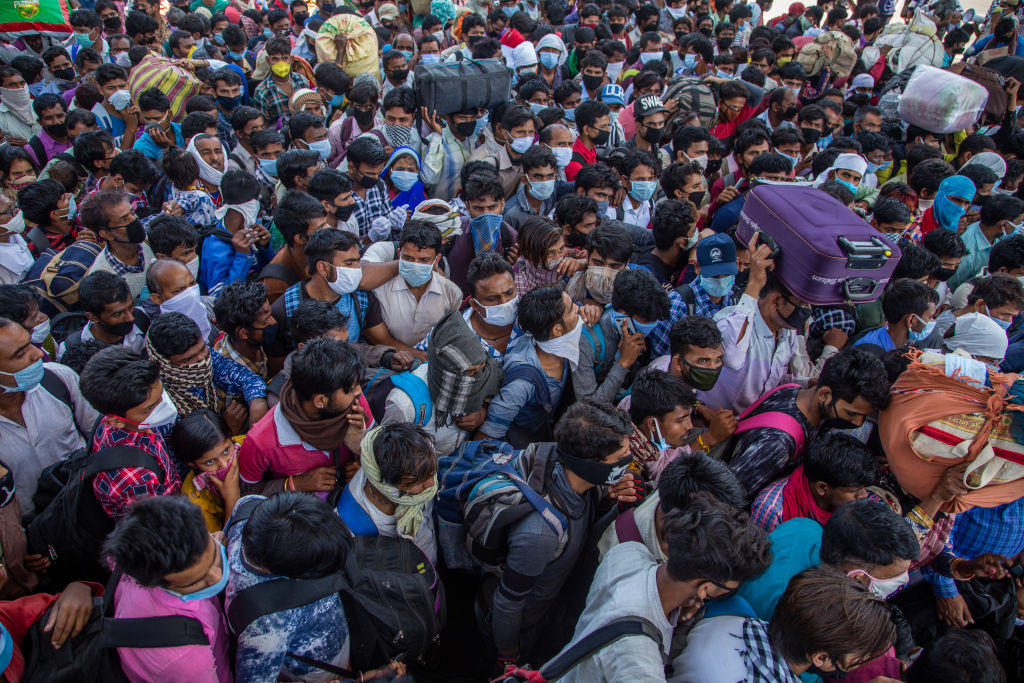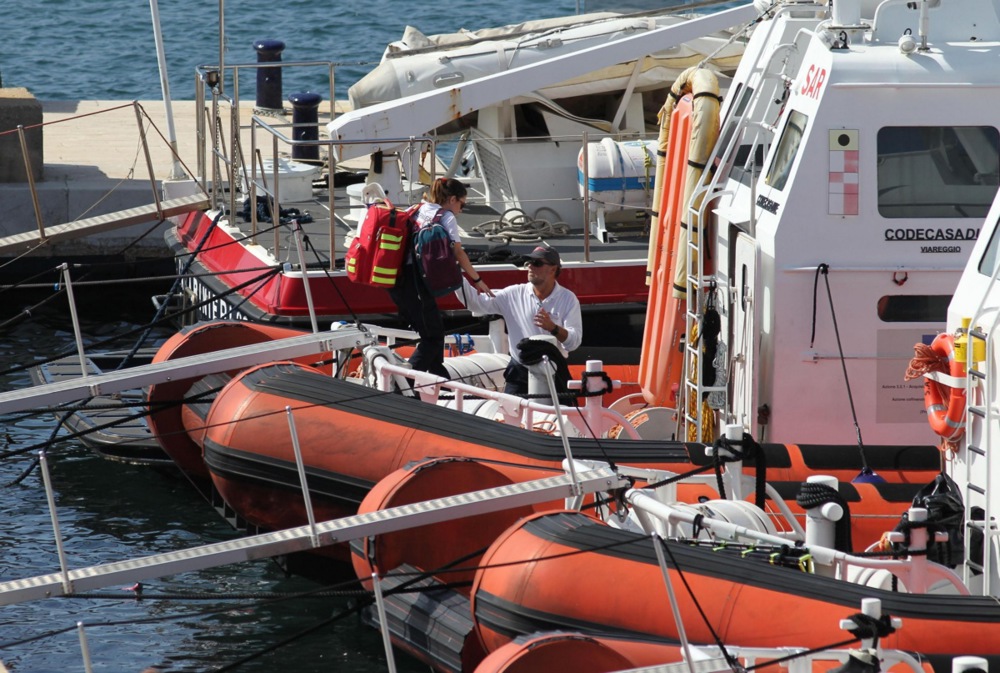Just 2,503 migrants have been distributed in 14 months across 21 European Union Member States, far removed from the goal of 8,000 people.
Contributing countries in the EU’s so-called Voluntary Solidarity Mechanism (VSM) have made pledges to take more than 8,000 relocated migrants but in reality things are proving more difficult as only around 30 per cent of the stated goal has been reached.
In a reaction to Brussels Signal, the European Commission spokesperson for home affairs Anitta Hipper remained upbeat: “The Commission will continue to support this process and in particular the Mediterranean Member States of first entry.
“In cooperation with authorities from beneficiary and pledging Member States, the Commission operationally supports transfers together with the EU Agency for Asylum and the International Organisation for Migration [IOM].
“The Commission set up a dedicated solidarity platform to exchange and coordinate the implementation of the pledges and other solidarity measures between Member States,” she said.
“The action plan on the Central Mediterranean presented in November 2022 also foresees revisions for quicker procedures. This includes providing swift support to Member States receiving arrivals by sea,” Hipper added.
“To this end, in February, the Commission and the participating States agreed on the revised and simplified operating procedures to ensure quicker implementation of the pledges. This is implemented and contributing to improve and accelerate the relocation process.
“Out of the 8000 pledges, 2,503 relocations were carried out so far in total from all MED5 countries [Malta, Cyprus, Greece, Italy and Spain]. A significant number of pledges were made available, especially by Germany and France. More transfers are in the pipeline following the accelerated procedure that Member States put forward during the solidarity platform meetings,” she said.
Asked if the low numbers might be due to renegotiations over the proposed Migrant Pact, Hipper replied that the VSM has provided “important references” for the Member States that can be “referred to when implementing the permanent solidarity scheme under the new pact on migration and asylum”.
She stressed that “operational measures were put in place to support Member States currently facing migration challenges”, but added, “a long-term sustainable solution is needed at EU level”.
In that respect, the Migration Pact and asylum policy plays a key role. “There has been good progress on its files, particularly with the recent breakthrough on the asylum migration management [AMMR)]and asylum procedures regulations,” Hipper said.
“Solidarity must be ensured, this is why the Commission has proposed a mandatory solidarity system [in the AMMR]. Once implemented, the AMMR will create a fairer, more efficient and more sustainable system for allocating asylum applications among Member States.
“Member States will be able to decide on the solidarity measures. These can vary between relocation, financial and operational support. It is important that Member States in need of support, get it,” Hipper said.
“This is also reflected in the negotiating positions of the two co-legislators, as trilogues continue with a view to finalise negotiations by the end of February 2024 – as agreed in the joint roadmap.”
The VSM was initially intended to operate for one year. All participating countries agreed on May 25 to continue to implement the mechanism [beyond June 2023], with a view to completing the pledges made so far. The EC continues to coordinate it, with the EU Agency for Asylum and IOM supporting the process.
The tally is also important because EU countries have agreed on a permanent solidarity mechanism in their large-scale EU asylum reform, to be adopted before the European elections in June 2024. Initially, 30,000 migrants and refugees a year will be redistributed within the EU. Eventually, the number is expected to rise to 120,000 places per year. With only 2,503 migrants having been redistributed so far, a lot of work seems to lie ahead.
The solidarity mechanism is part of the larger, all-encompassing Migrant Pact, which has become bogged down in the Council of the European Union after it failed to gain sufficient backing to proceed.
The VSM is designed to relieve difficulties encountered by the “frontline” MED5 countries that the majority of migrants wanting to reach Europe transit through.





